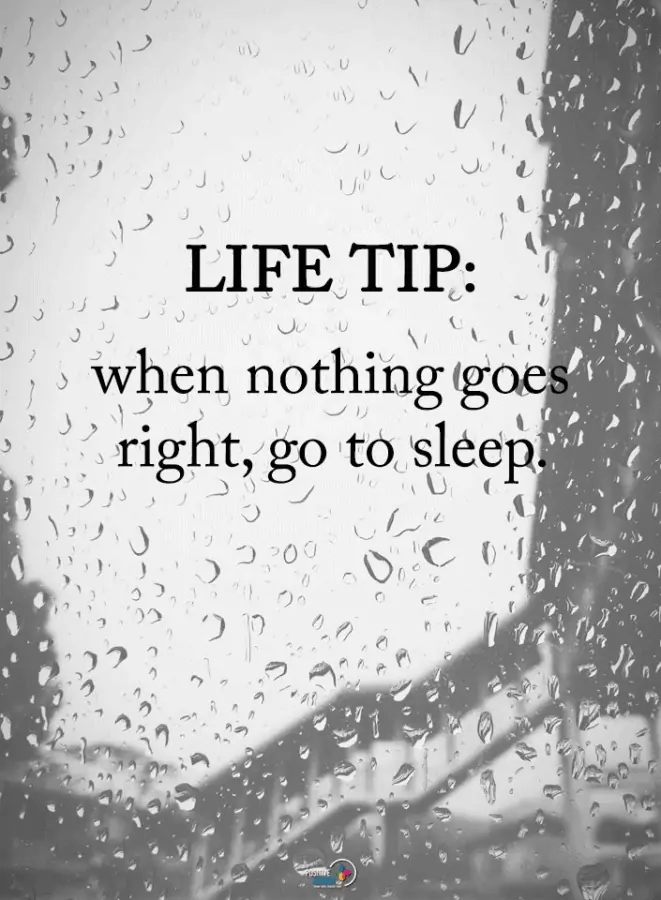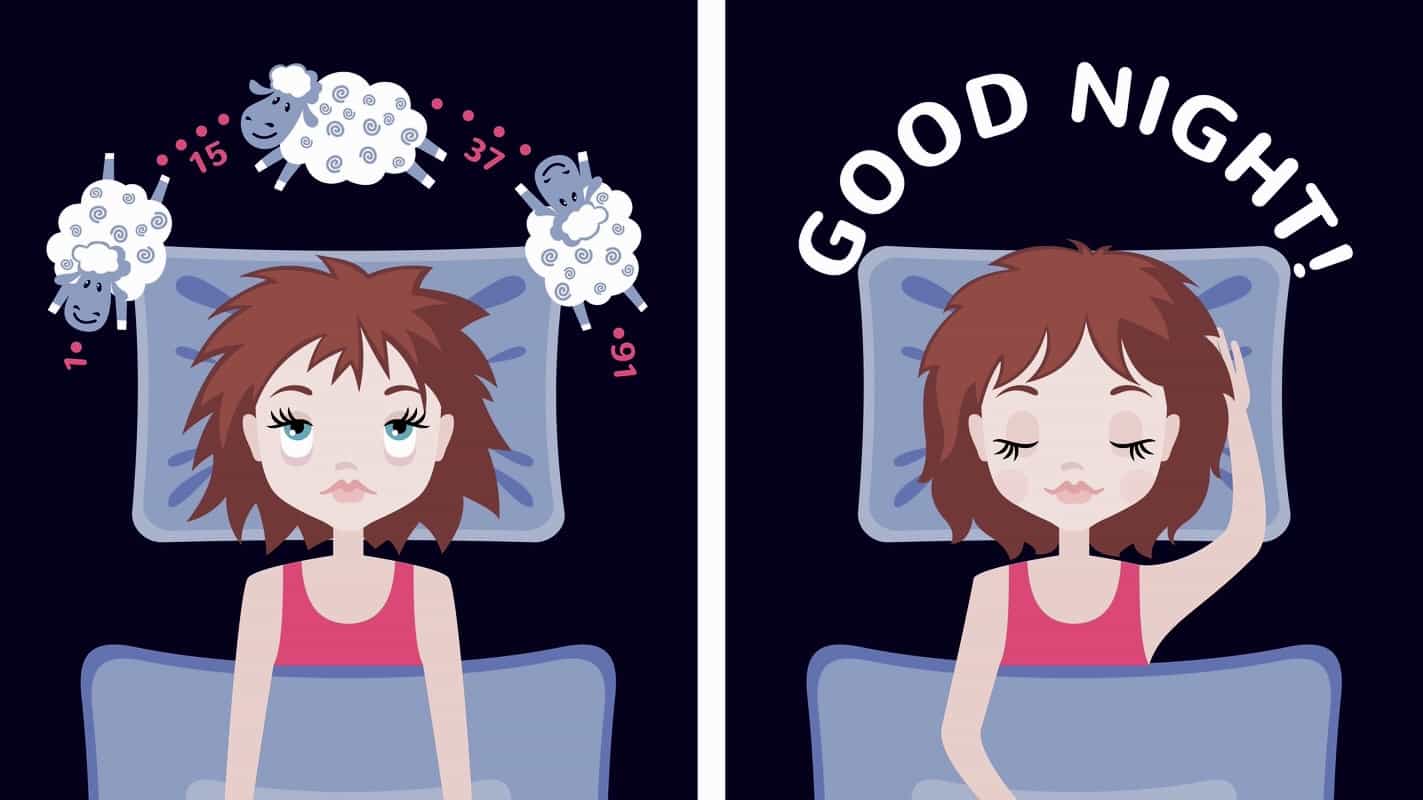In our constantly plugged-in, fast-paced society today, it’s no wonder why so many people have problems falling asleep. Some doctors and researchers have even called lack of adequate sleep a public health epidemic due to the number of sleep-deprived citizens today. In fact, according to a Gallup report, a staggering 41% of Americans don’t get the recommended 7-8 hours of sleep per night.
As you’ve probably heard before, our cells regenerate during sleep, allowing us to carry out all the tasks of a day’s work. However, improper sleep can lead to poor mental and physical health. In fact, David Earnest, Ph.D., a professor at Texas A & M University’s College of Medicine, warned that “Sleep deprivation’s effect on working memory is staggering. Your brain loses efficiency with each hour of sleep deprivation.”
Sleep deficiency can lead to chronic health problems, including high blood pressure, obesity, anxiety, depression, heart disease, and cancer, to name a few. Researchers found that the genes affected controlled inflammation, immunity, and stress response.
So, what can we do about this ever-growing sleep problem? For starters, it would help to learn how to fall asleep again, something that came very naturally to us as children. However, due to life stress and all the things that come along with “growing up,” many of us have simply forgotten how to fall asleep quickly. Our minds keep us awake at night, inducing anxiety and restlessness.
How to Train Your Brain To Fall Asleep in 1 Minute or Less
While clearing your mind before sleep may seem difficult, Dr. Andrew Weil recommends a simple breathing technique to help you relax. He points to the 4-7-8 breathing technique as a natural sleep remedy for the nights when sleep seems to elude you. Below, we’ll discuss exactly how to do this breathing exercise.
- First, ensure you have the right posture to allow deep breathing. (Sit up straight, relax your shoulders, etc)
- Place the tip of your tongue on the roof of your mouth behind your front teeth. Keep it there throughout the exercise, even as you exhale.
- Exhale completely.
- Inhale through your nose to a count of four.
- Hold your breath for a count of seven.
- Exhale through your mouth to a count of eight.
- Then, complete the sequence three more times.
It might take a few nights of practice to work, but consistency is key. You might have trouble concentrating on doing the exercise at first, but remember to set aside some time before bed so that you can focus on nothing but breathing.
So, why does this technique work so well, you ask? We have three main reasons. Firstly, it allows you to slow your breathing, automatically making you feel more relaxed. Secondly, you will have more oxygen coursing through your body by taking deeper breaths. Thirdly, concentrating on solely your breathing will teach you mindfulness, which many scientists have proven to reduce stress, anxiety, and racing thoughts.
Maybe we’ve forgotten how to sleep because we’ve forgotten how to breathe, but by practicing this breathing exercise, you’ll fall asleep quicker and have a more restful sleep.
You can also do other things to induce sleep, a few of which we have outlined below.

More Tips on How to Fall Asleep Faster
- Don’t do any work in your bed. You need to associate your bed with sleep and relaxation, not anything else.
- Keep the house comfortable. Studies have shown that people sleep better when the thermostat is set to cool.
- Write down any thoughts you might have before you go to sleep. This way, you can get out all of your stress and frustration before sleep so that you won’t lie awake thinking of everything under the sun that worries you.
- Remove any distractions. Turn off your cell phone, TV, and other digital devices to prepare for sleep and avoid keeping your mind active.
- Try to keep your house quiet. However, if relaxing music helps you fall asleep, by all means, turn it on before bed.
- Have a routine. Our bodies require a specific wake-sleep cycle to function correctly, so go to bed at the same time each night and wake at the same time each morning.
Final Thoughts on Making Sleep a Priority in Your Life–You Deserve It!
Remember, sleep is vital to living your best life, so honor your needs and prioritize your sleep. You’ll feel more vibrant and happy once you have a regular sleeping schedule. Sweet dreams!

















